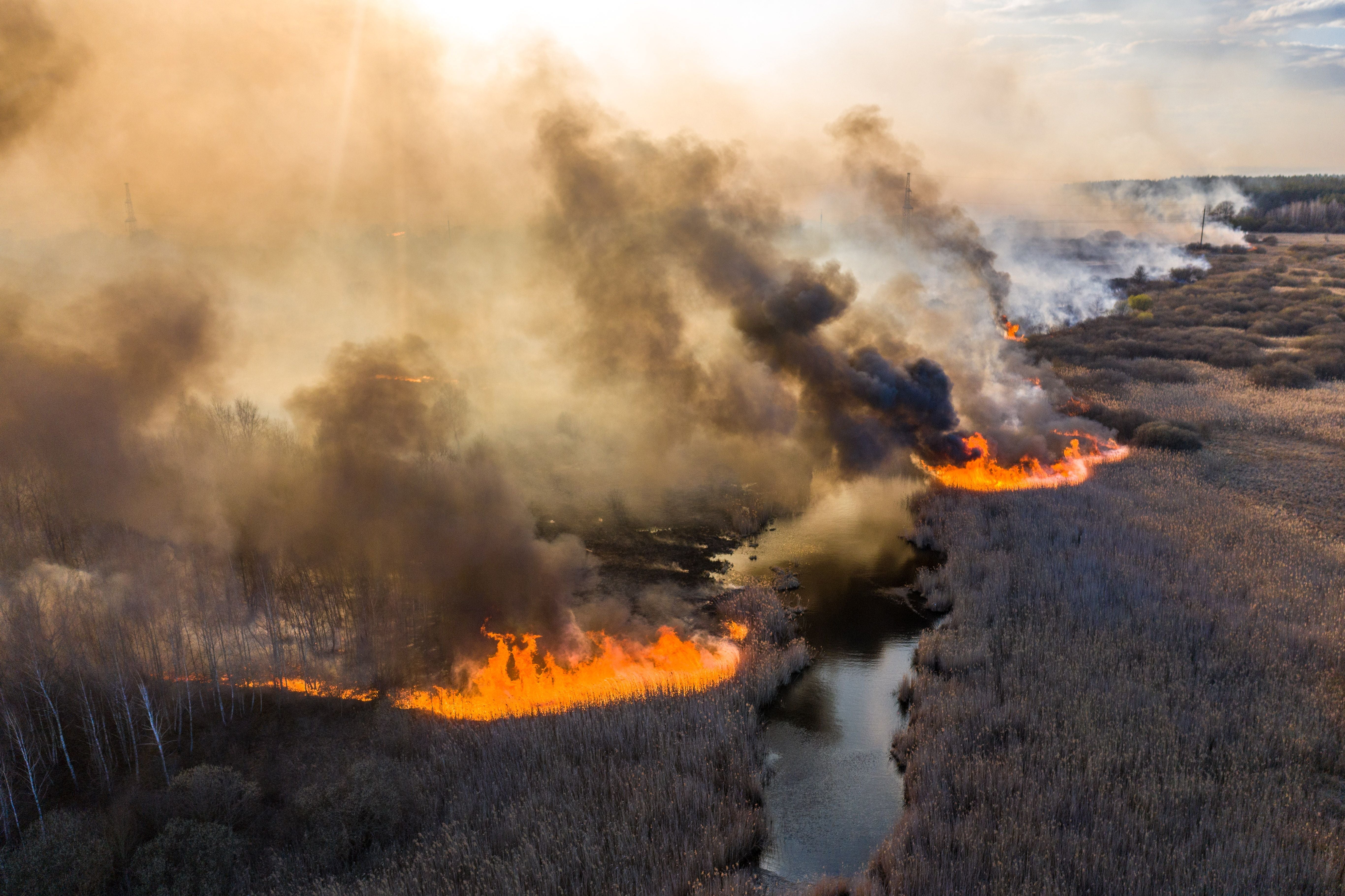Young climate activists took center stage again on Wednesday, as the European Court of Human Rights heard a case brought by six Portuguese youth, ranging in age from 11 to 24, who argued that Europe’s governments aren’t doing enough to prevent climate change from harming them. It is one of the most ambitious legal efforts yet to force action on climate change and, if successful, could have legally binding consequences.
“We’ve had a packed court,” said Gearóid Ó’Cuinn, director of Global Legal Action Network, or GLAN, a human rights nonprofit that is supporting the Portuguese applicants. In the statement, he also noted that there were more than 80 lawyers representing 32 countries at the hearing, including all European Union member states, along with the United Kingdom, Norway, Russia, Switzerland, and Turkey.
The young people are suing because they argue that governmental failure to adequately curb the greenhouse gas emissions that are causing climate change is a violation of their fundamental rights. “’It’s well within their power to do much, much more to do their part to protect the rights of these youth applicants,” said Gerry Liston, a lawyer with GLAN, after the hearing. “They’re just choosing not to.”
Governments questioned whether the applicants’ claims of harm could be directly linked to the government’s emissions, as well as whether the case was admissible, given that the plaintiffs have no formal relationship with the countries they’re suing, other than Portugal. They contend that the plaintiffs should have gone through national courts.
The applicants, however, fired back.
“I am shocked by the countries’ attempt to ignore evidence and to trivialize the harms we already face,” said André Oliveira, 15. “But I remain hopeful that the court understands the urgency of this situation and will rule in favor of our case.”
The competing sides argued their case in front of a “grand chamber” of 17 judges, which the court chose to employ instead the typical seven-judge panel. The grand chamber is handling just 15 of the roughly 75,000 cases currently pending before the court.
“They took this case very seriously,” said Dennis van Berkel, a lawyer with the Urgenda Foundation, a Dutch organization promoting sustainability. “It was a really special day.”
The Portuguese youth filed their case in the wake of heat waves and wildfires that ravaged their country in 2017, leaving more than 100 people dead. Four of the plaintiffs are from Leiria, one of the worst-hit areas. The two other applicants are from the capital city of Lisbon, which has experienced record-breaking temperatures in recent years.
The European Court of Human Rights is based in Strasbourg, France, and charged with interpreting the European Convention on Human Rights, which was developed during and just after World War II. Its decisions are legally binding, but it does not have the ability to enforce its judgements, thousands of which have not been implemented. Still, if this case is successful, the potential effects could be sweeping.
“This would be a legal requirement on [governments] to act, to actually increase what they’re doing to try and stop climate change,” said Ann Harrison, a climate advisor at Amnesty International, which filed a written submission to the court arguing that governments are obligated to protect international human rights through robust climate policies. “They would be required to reduce their emissions faster, and by more.”
Wednesday’s hearing is only the latest attempt by climate activists to use the courts as a tool for combating climate change. There are two other climate-related “grand chamber” cases pending before the European Court on Human Rights, as well as a number of lawsuits in the United States.
One such suit is set to go trial in Hawaiʻi next summer. And, just last month, youth climate activists scored a major victory in Montana, where a judge ruled that the state’s support of fossil fuels violated the young people’s right to a clean and healthy environment. Plaintiff Kian Tanner said in a statement at the time, “We set the precedent not only for the United States, but for the world.”
Back in Europe, the court is expected to issue a verdict in this latest case in the first half next year.
Note: This article have been indexed to our site. We do not claim legitimacy, ownership or copyright of any of the content above. To see the article at original source Click Here












